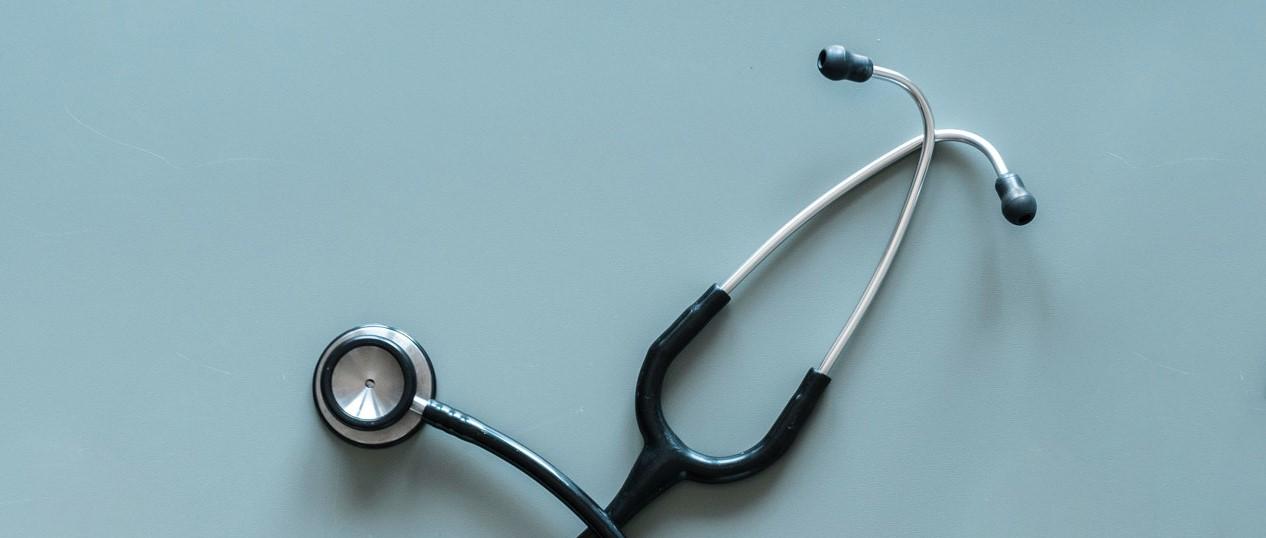
How to get the most out of your GP appointment
Peer reviewed by Dr Sarah Jarvis MBE, FRCGPLast updated by Dr Jessica Garner, MRCGPLast updated 22 Jan 2019
Meets Patient’s editorial guidelines
- DownloadDownload
- Share
- Language
- Discussion
The average GP appointment lasts 10 minutes. 10 minutes. Yes, 10 minutes!
In this article:
Video picks for GP surgery and NHS services
Lots of people are aware of this fact; but have you ever actually stopped to think how long that actually is? The answer is not long. And don't forget that the clock starts as soon as your name is called, so the 10-minute slot includes you walking into the doctor's room, taking off your coat (more on that later), having your consultation, putting your coat back on, leaving and then the doctor writing up your notes and requesting various investigations, etc.
It's also worth mentioning that in an average surgery of 20 patients, spending just two extra minutes with each person leaves you well over half an hour late by the time your last patient rolls in. So please try to remember this whilst you are gnashing your teeth in the waiting room.
Clearly, time is tight. In order that you get as much as possible out of this small time slot, there are a few things you can do to help things go as smoothly as possible.
Sarah Says: How to make the most out of your GP appointment
Be on time
Yes, yes I know doctors always run late. This is very true. But just in case they are running to time, don't waste all-important minutes by being tardy. Some doctors run a 'first come, first served' policy. So even if you are just a few minutes late, the next person may have sped past you and been seen first. You have been warned!
Don't get too comfy!
Back to contentsUnless you need to show the GP a huge lesion on your arm, don't start peeling off scarves or coats and laboriously hanging them up. You are wasting valuable time that could be better spent discussing your problems. The same applies to lovingly and caringly removing layers from your beautiful baby or changing their nappy. Not in the doctor's room unless you want every single patient the doctor sees after you to have to wait an extra five minutes unnecessarily!
Continue reading below
If possible leave the kids at home
Back to contentsI am definitely guilty of this one, but if at all possible try to offload the children with someone during the consultation. Inevitably parents get distracted trying to keep little Jonny in order. This results in a tendency to not only waste time, but also stops you from being fully focused and engaged in the consultation.
I've lost track of the number of gynaecological examinations I've done with a baby, toddler (or probably worse) or child aged under 10 looking on. (Needless to say, if you do bring your child and bribe them with sweets, and/or your iPad, that is totally fine!)
Don't bring a list
Back to contentsIt's an oldie but a goodie. Please don't come in brandishing a list of umpteen complaints that all need sorting today. It is unrealistic to expect to deal with so many issues at one time. It's not in your interest, apart from anything else - faced with a list of five problems (that's under two minutes each) the doctor will be forced to address each one superficially, rather than giving it the time it deserves.
Pick the most pressing problem and try working through that, rather than leaping between troubles and not addressing any of them properly. It's also not fair on your fellow patients, who will inevitably end up waiting longer. If you do have lots of problems to discuss, speak with the receptionist and try to book a double appointment.
Continue reading below
Think about your 'story' and tell it chronologically
Back to contentsIf possible try to tell your story from the beginning; for example: 'It all began three months ago when I first had a pain in my side.' You want to try to paint a picture for your GP of your symptoms and the story that goes with it.
When giving timings, try to be accurate
Back to contentsWhen asked when your symptoms started, it's best to try to be as specific as possible. Saying 'a long time', 'it seems like forever' or 'not long at all' are all really unhelpful because the meaning varies so much between patients. If possible, try to talk about durations in terms of hours, days, months or years; broad-bush timescales which everyone can understand. Again it just saves time if your story is as clear as possible from the outset.
Don't be embarrassed
Back to contentsYour doctor will not be shocked by anything you tell them … honestly!
Be aware of how consultations usually work
Back to contentsGenerally speaking, your consultation will follow this pattern:
You tell your story.
The doctor asks you specific questions based on your story.
Your doctor will examine you (although not always necessary).
Your doctor will discuss what they think might be going on and suggest treatment options or plans.
You ask questions/discuss 'the plan'.
This is how we, as doctors, are taught to do things, right from the start of our training at medical school. For most GPs, it is just second nature. I only mention this as it is very important when it comes to the next point:
Get the important issues out first
Back to contentsIf there is something you are really worried about - for example, a breast lump or crushing chest pain - please, please mention it first. Loads of people talk about something relatively minor to start with as a kind of 'warm-up'.
If your GP doesn't know that the real problem is coming up, they will spend your 10-minute appointment discussing your verruca (entirely possible I assure you!). If you then casually mention you are worried you might be having a heart attack, the verruca somewhat pales into insignificance. Be bold - mention your real worries up front.
Show them anything, but don't show them your teeth
Back to contentsIt never ceases to amaze me how many patients assume doctors are a free alternative to the dentist. GPs learn absolutely nothing about dentistry in their medical training, so you're probably as well off asking a bus conductor as a GP about whether you need antibiotics or root canal treatment.
Put simply, doctors are not dentists. Dentists are dentists. Please don't show us your teeth if you want an informed diagnosis!
Don't quote Google … or do?
Back to contentsThis is a bit of a tricky one and I suspect all doctors feel differently about the internet. My own feelings are thus: please don't tell me what your diagnosis is as a 'fait accompli' (in other words, something that has already been decided). This is unhelpful and often quite distracting.
However, if you are worried about a specific illness please do tell me, as I'd rather we discussed it and (a) you might be on to something and we can talk about what to do next, or (b) I can reassure you and you'll leave feeling much happier (hopefully!).
Be kind
Back to contentsDespite what you might read in the press, the vast majority of GPs really are trying their best to help you. If you can muster up a smile or a thank you, it will make their day!
Patient picks for GP surgery and NHS services

General health and lifestyle
NHS opens walk-in clinics for FGM survivors
The NHS is launching specialist clinics across England to support survivors of female genital mutilation (FGM).
by Milly Evans

General health and lifestyle
Are online doctor's appointments the future for healthcare?
In these days of digital connection, the way we access medical care is evolving. Most GP surgeries had an online offering prior to the pandemic, and with the COVID-19 crisis preventing all but essential in-person contact, the uptake and availability of online doctor's appointments have increased. Are we looking at the future of healthcare?
by Gillian Harvey
Continue reading below
Article history
The information on this page is peer reviewed by qualified clinicians.
22 Jan 2019 | Latest version

Ask, share, connect.
Browse discussions, ask questions, and share experiences across hundreds of health topics.

Feeling unwell?
Assess your symptoms online for free
Sign up to the Patient newsletter
Your weekly dose of clear, trustworthy health advice - written to help you feel informed, confident and in control.
By subscribing you accept our Privacy Policy. You can unsubscribe at any time. We never sell your data.